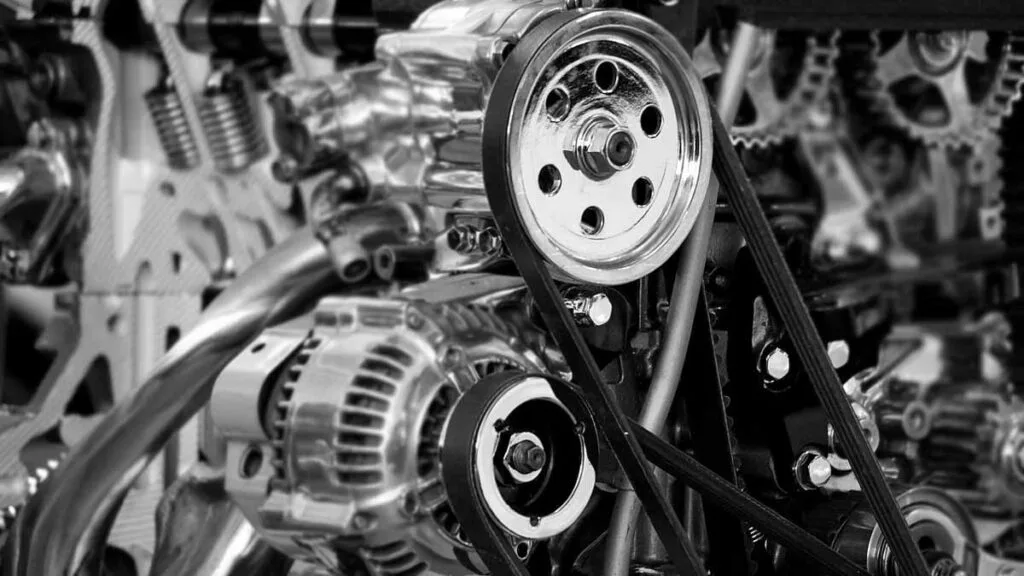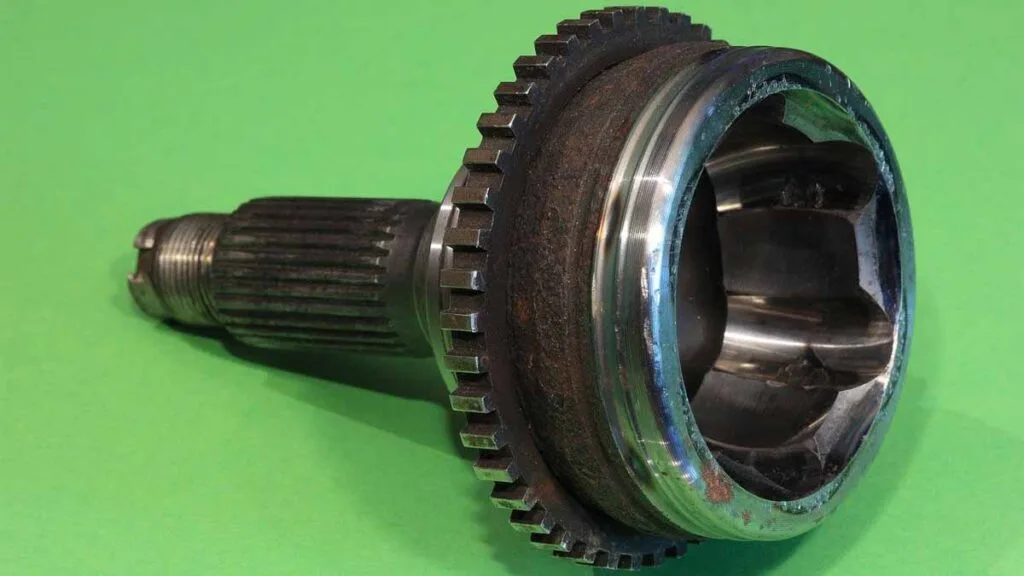It is not good enough to ride your vehicle so far when there is an uncommon noise, leaks, or any issues. Some featured noises come out from the Engine due to one more issue in your vehicle. The humming sound at high speeds is also reported in many cars. So, in this article, we will discuss the “Humming Noise in the Car Getting Louder with the Speed”.
In addition to being annoying, driving at high speeds with a constant buzzing noise may be hazardous. To ensure your safety and comfort while driving, you need to address the issue of a continuous humming noise in your Car.
What are the possible reasons for the humming noise at high speeds?
Before starting the Humming Noise in the Car Getting Louder with the Speed, we will see what are the possible reason for this issue. There is some usual possible reason for this issue.
- Problems with the alternator belt.
- Bad and defective wheel bearing.
- Uneven tire wear.
- Tires which have large tread blocks.
Problems with the alternator belt.
An alternator drive motor that’s on the verge of failure is the most common source of humming noises in vehicles. However, if your 2006 Grand Caravan has more than 182,000 miles on the odometer, you may have a problem with the fan belt, AC, or another mechanically powered component.

A local ASE-certified technician who can come to your house or place of business, take a test drive in your Grand Caravan, identify the noise, and repair it as quickly as possible is the best option here since there might be several issues with your Grand Caravan.
The belts can be replaced quickly, and the alternator is simple. But if it isn’t discovered sooner rather than later, the problem might become more costly.
Bad and defective wheel bearing.
When discuss about the Humming Noise in the Car Getting Louder With the Speed, This is the one of the major reason.
Humming noise in your Car may be caused by a damaged wheel bearing. It’s usual for a grinding or buzzing sound to be heard in the Car’s cabin when one of the vehicle’s wheel bearings is defective. Additionally, a banging sound or vibrations in the steering wheel or throughout the body may be heard while taking a turn. Faster driving increases the volume of the buzzing.
Why do the wheel bearings fail?
It is necessary for the bearings to take on significant radial forces even while traveling straight ahead. Bearings sustain the weight of the whole vehicle. Driving at a high rate of Speed adds extra forces to the Car. In the event that a curve is pushed through, axial forces are generated.
When driving on bumpy roads or over potholes, the bearings are subjected to a lot of wear and tear. There is a lot more wear and tear on bearings from impacts than from high loads.
Since all-wheel bearings wear out over time, Driving habits are a factor in how quickly they wear out. In addition to driving with imbalanced tires or improper wheel alignment, several factors may lead to premature bearing failure.
Uneven tire wear.
When talk about the Humming Noise in the Car Getting Louder With the Speed, this also we some case studies of the USA.
Humming noises might also be caused by unevenly worn tire tread. You may have a faulty wheel bearing if you hear a humming noise coming from your tires when driving at high speeds. Tire cupping or scalloping is a sort of uneven wear.
Scallops or dips around the tread indicate an out-of-balance wheel, but they’re more commonly a warning that worn shock absorbers or other suspension components need to be replaced when this sort of wear occurs.
Look for evidence of cupping or scalloping on the tires of your Car. The worn sections are typically 3-4 inches in diameter, but they may be bigger or smaller. See whether the tire tread goes from high to low in random places.
Unequal usage of tires is a result of…
Over or underinflation, incorrect wheel alignment, and damaged suspension or steering components are the most prevalent causes of uneven tire wear. Installing low-cost brand tires on your Car might also result in uneven tire wear.
Cupping is more likely to occur when the tires are mounted on a vehicle with worn suspension or a misaligned wheel since the steel belts used in these tires are less supportive of the tread, and the rubber is more susceptible to uneven wear.
Tires which have large tread blocks.
Humming noises when driving may not be caused by a flaw but by the sort of tires you’re using. This is particularly true if you first noticed the noise after putting new tires on the rims. When driving on the highway, tires with a big tread block pattern tend to make a lot of noise.
The aggressive tread patterns of off-road and winter tires make them extremely loud at high speeds. Certain all-terrain tires are so noisy that they are audible in the Car’s interior.
Those mentioned and described reasons can be the most common reasons for the Humming Noise in the Car Getting Louder with the Speed. But there can be some other reasons for this too.
The inner CV joint is damaged.
The inner CV joint is responsible for sending torque to the driving wheels in the gearbox. Under the automobile, you may hear a hum if this component is broken. The noise becomes louder as the vehicle accelerates up, which is reminiscent of a faulty wheel bearing.

Although it sounds like a crackling, you can hear it as you’re turning. CV joints may hum due to the following reasons:
A substandard lubricant was used, or there was no lubrication at all. The CV joint wear is significant due to age-related and aggressive driving styles.
Other possible reasons for the humming noise in the Car.
- Issues with the power steering pump and its hoses.
- A worn input shaft bearing.
- Malfunctioned water pump bearing.
- Low transmission oil level.
- Worn rear axle reducer.
- Worn release bearing.
- Loose engine screws.
- Worn universal joint shaft.
- Using the winter tires in summer.
- Issues with the exhaust pipe.
As we’ve mentioned at the beginning, these noises should not be simply ignored because they can cause severe damage to your vehicle in a matter of time. If you need further info, do not hesitate to leave a comment below… We are glad to help you further.
FAQs about Humming Noise in the Car Getting Louder with the Speed.
Why does my Car get louder when I go faster?
Emission gases are carried from the front of an automobile via an exhaust system to the back. They’re made this way to keep exhaust fumes out of your lungs and to reduce engine noise. When you accelerate, you’ll hear this noise more clearly since the Engine is working harder, creating a louder noise.
Why is my Car making a humming whining noise?
They may signal many various issues, such as low power steering fluid, a broken power steering pump, an alternator that’s malfunctioning, or an issue with the air-conditioning system. Whirring and whining sounds might vary depending on how quickly or slowly the Engine is running.
Why is my Car making a droning noise?
Droning. Especially if your tires are old or damaged, they may be making a droning noise that becomes louder as you drive. Alternatively, it might indicate “feathered” tires, in which case uneven tread wear is to blame. To ensure your safety, get your tires inspected.
We hope you’ve got the answer that you’ve needed for the question, “Humming Noise in the Car Getting Louder with the Speed” reading our explanation. If you have more questions just leave a comment below, and we are really straightforward to help you further. If you need answers for the How to Remove Caked on Grease, check this link for it. Thank you.
